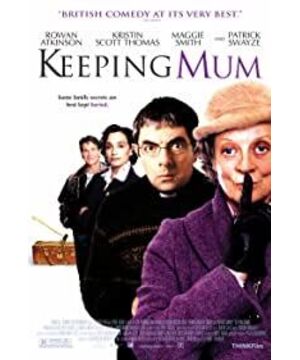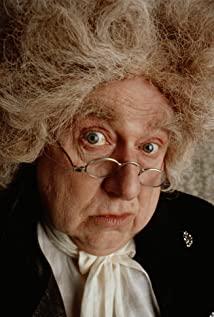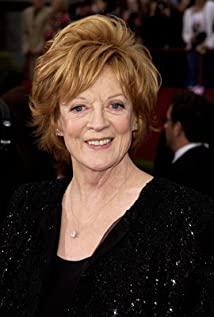The film begins with a murder. If it weren't for the red blood gushing out of the suitcase, who would have imagined that an elegant lady with an old-fashioned aristocratic style would be a murderer, strangling her husband and mistress during their elopement?
Forty years later, Grace, who was released from prison, changed her name to become a housekeeper at the home of her unwitting daughter Gloria. At that time, Gloria was struggling: the pastor’s husband was gradually losing his enthusiasm for following God, the daughter of the cardamom age made a pair of boyfriends like changing socks every day, the younger son was under the oppression of the school’s wicked teenagers, the neighbor’s wickedness. Inuyasha's barking made her often insomnia, and she tried cheating for solace, but she didn't know that the golf coach she met was a maniac behind the scenes.
Grace naturally wants to help her daughter solve these big problems, and the shots are all generous. The total is as follows: the neighbor's evil dog and its owner, the four evil boys in the school, the golf coach, and the old woman who always haunts the pastor and chatters. In the hands of Grace, it is inevitable that he will be killed or injured. So is Grace the legendary femme fatale? No, otherwise, she would not have talked about the habit of afternoon tea after entering the cell, nor would she have taught her granddaughter from her obsession with men to cooking, and she would not have given the pastor a new lease of life after just a few long conversations.
The darkest part is that the three women, the grandparents and grandsons, were busy hiding the corpses just after they met each other. After Grace left, the ingenuity of heredity emerged, and Gloria naturally learned from her mother how to deal with extraordinary events.
Don't think that Mr. Bean will bring a hilarious performance this time, Pastor Goodefeller is just a good man, and there is absolutely no exaggerated body language of Mr. Bean. More of the film's laughs focus on British humor, and the lines reveal a bit of the screenwriter's cleverness. You won't laugh on your face, but your brain and stomach will.
The film has a deep relationship with religion, and one of the main lines is Pastor Goodefeller's constant inquiries and deepening of his understanding of the faith. The director deliberately named Grace, Gloria, and Holly for three generations of women in a family, that is, God's grace, God's praise, and God's glory. Is Pastor Goodfellow a good man with good rewards? The director simply used these three names to fully affirm the role of women, just like when the pastor chanted the word Grace in a speech at the conference, his expression was epiphany, as if he saw an angel.
What Keeping Mum wants to say is that once the road to a happy life is blocked, there must be a firm determination to slay demons and demons, and women who usually know the situation better than men are very suitable to play the role of saving people and saving themselves - this seems to be Full feminism.
View more about Keeping Mum reviews











